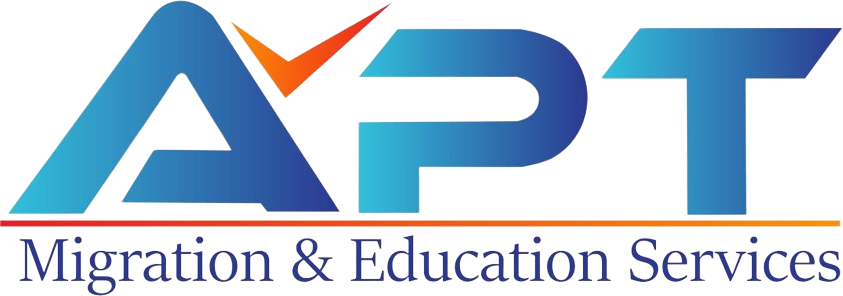The purpose of Australia’s self-employment visa, formerly known as the Business Innovation and Investment (Subclass 188) visa, is to draw in and make it easier for people who want to invest or start a business there. By attracting qualified investors and entrepreneurs, this visa category supports economic growth and innovation as part of the larger Business Innovation and Investment Program.
In order to qualify for the self-employment visa, candidates must first submit an Expression of Interest (EOI) using the online SkillSelect platform in order to be invited to apply. Successful professional experience, a sincere desire to run and manage a business in Australia, and a readiness to devote a significant amount of money to the nation are requirements for this subclass of visas.
A successful history of business ownership or investing is one of the essential conditions. Giving proof of running a successful company or demonstrating a track record of wise investments could be examples of this. The search for candidates who can assist in improving the nation’s economy and creating jobs is conducted by the Australian government.
This visa category has certain financial restrictions. A significant investment in an Australian company must be possible for applicants. Depending on the particular visa stream, such as the Investor or Business Innovation streams, there are different minimum investment requirements. As a means of guaranteeing that people can sustain themselves and make a substantial contribution to the Australian economy, this financial promise is made.
Additionally, candidates must have a family who is an Australian citizen, permanent resident, or eligible citizen of New Zealand nominate them or sponsor them. These requirements are met by state or territory government agencies. This nomination or sponsorship is an affirmation of the applicant’s ability to further the local economy in that particular area.
In addition, candidates need to have their candidacy approved by a state or territory government agency or have sponsorship from a qualifying relative who is a citizen of Australia, a permanent resident of Australia, or a citizen of New Zealand. The nomination or sponsorship functions as a testament to the applicant’s capacity to foster economic growth in a particular Australian region.
Another factor to consider is language proficiency. Although there isn’t a statutory English language requirement for this visa, having a strong command of the language helps applicants better integrate into Australian society and industry. Although a reasonable command of the English language is desirable, it is not a formal requirement for the self-employment visa. English proficiency improves a candidate’s capacity to interact with the community, communicate clearly, and fit in at work in Australia. It is important tools that can help the holder of the visa complete their commercial efforts in Australia with greater success.
The Business Innovation and Investment visa is a transitory document that is normally good for four years after it is obtained. It is required of visa holders to actively manage their business or investment in Australia throughout this time. After fulfilling certain conditions, such as continuing their business operations and fulfilling the financial requirements, successful visa holders may be qualified to apply for permanent residency through the Business Innovation and Investment (Subclass 888) visa.
To sum up, the Australian self-employment visa is a chance for investors and business owners to support the country’s economic expansion. Individuals can obtain temporary residency and prepare the path for permanent residency by showcasing a successful company record, making a sizeable financial investment, and actively engaging in the Australian business scene. This visa track is consistent with Australia’s objective of using skilled migration to promote innovation, job growth, and economic development.










0 Comments